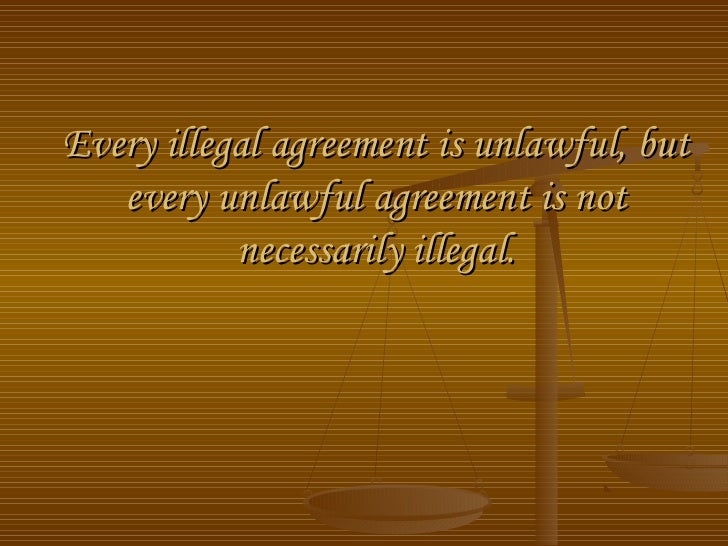
The Defendant's/Applicant's counsel further submitted that disposition of property under the doctrine of adverse possession was rooted under section 75 (1) and section 75(6) of the repealed Constitution.Īccording to counsel, Sections 37 and 38 of the Limitation of Actions Act which provides for the acquisition of land by a squatter at the expiry of twelve (12) years had the constitutional backing of the repealed Constitution. Counsel submitted that the basis for adverse possession in Kenya was the repealed Constitution, the Limitation of Actions Act, the common law and judicial decisions. The Defendant's/Applicant's advocate submitted that adverse possession is a doctrine under which a person in possession of land owned by someone else may acquire a valid title to it, as long as certain common law requirements are met.
That under the doctrine of ex turpi causa non oritur action and or ex dolo malo no oritur action this court as a matter of public policy and the new Constitutional dispensation has no jurisdiction to entertain the claimant's claim. The court does not have jurisdiction and That pursuant to the provisions of Section 7 to the Sixth Schedule to the Constitution, Section 38 of the Limitation of Actions Act is in conflict and or contravention with the express provisions of section 40 of the Constitution and the same is null and void pursuant to the provisions of Article 2 of the Constitution and the said section 38 of the Limitation of Action Act cannot be the basis on which this Honourable Court can assume Jurisdiction over this matter. That pursuant to the provisions of Article 40 as read together with Article 2 and 3 of the Constitution of Kenya 2010, this court does not have jurisdiction to entertain the claimants claim filed herein. In the suit, the Plaintiff/Respondent is seeking for a declaration that he has been in possession of land known as Tezo/Roka/374 peacefully, openly, and continuously without interruption for a period exceeding twelve (12) years.īefore the matter could be heard, the Respondent filed a Notice of Preliminary Objection in which he has raised the following issues for determination. This claim was commenced by way of an Originating Summons filed pursuant to the provisions of Order 37 Rule 7 of the Civil Procedure Rules. KAHINDI NGALA MWAGANDI.PLAINTIFF/RESPONDENT 8.Constitutionality of the doctrine of adverse possession Government has no legal or moral basis for contesting the action of the United Nations." Security Council, Official Records, 5th Year, No. So long as it has not done so, the U.S.S.R. When it returns to the one and to the other, it will find again its right of speech, of criticism, of vote and of veto. At the 475th meeting of the Council on June 30, 1950, the representative of France, commenting on the above-mentioned statement of the Soviet Government, invoked the old adage of Roman law, "Nemo auditur propriam turpitudinem allegans," and observed that "the delegation of the Soviet Union, by abandoning the Council, has abandoned the Charter. The American Journal of International Law. 
"Abstention and Absence of a Permanent Member in Relation to the Voting Procedure in the Security Council". Archived from the original (PDF) on 1 October 2011. Nullity of contracts in Québec Law : an overview and comparison with the Common Law of illegal contracts (PDF).

Cambridge University Press on behalf of the British Institute of International and Comparative Law.

The International and Comparative Law Quarterly. "Effects of Illegality: A Comparative Study in French and English Law".

"Restitution of Benefits Acquired through Illegal Transactions".








 0 kommentar(er)
0 kommentar(er)
